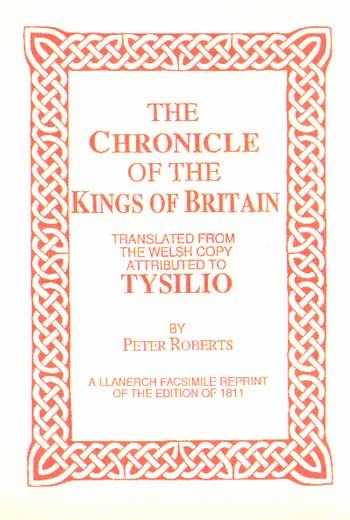

Medieval author Geoffrey of Monmouth, whose History of the Kings of Britain is one of the primary sources of Arthurian tradition, reports that Aeneas's great-grandson, Brutus, traveled to England with a band of Trojan expatriates and founded the kingdom of Britain.

In the great Latin epic the Aeneid, Aeneas, a prince of Troy, escapes from the city and endures many trials before founding the Roman Empire. The siege of the city by the Greek army is the subject of many ancient epics, such as the Iliad. The poet begins with the legend that Britain had been founded by descendants of refugees from the city of Troy.

Lines 1–35 form a kind of introduction to the poem, creating a framework of what could be thought of as historical (although not historically accurate) background and setting the stage for many of the poem's themes. The poet says he will tell, if his audience will hear it, of an adventure unmatched among Arthur's exploits, told the way the poet heard it, in fine poetry. Of all the great heroes of Britain, King Arthur is the greatest. Brutus founded Britain, where joy and sorrow alternate. The poet describes how, after the fall of Troy, Aeneas and his kin founded countries in the west.


 0 kommentar(er)
0 kommentar(er)
